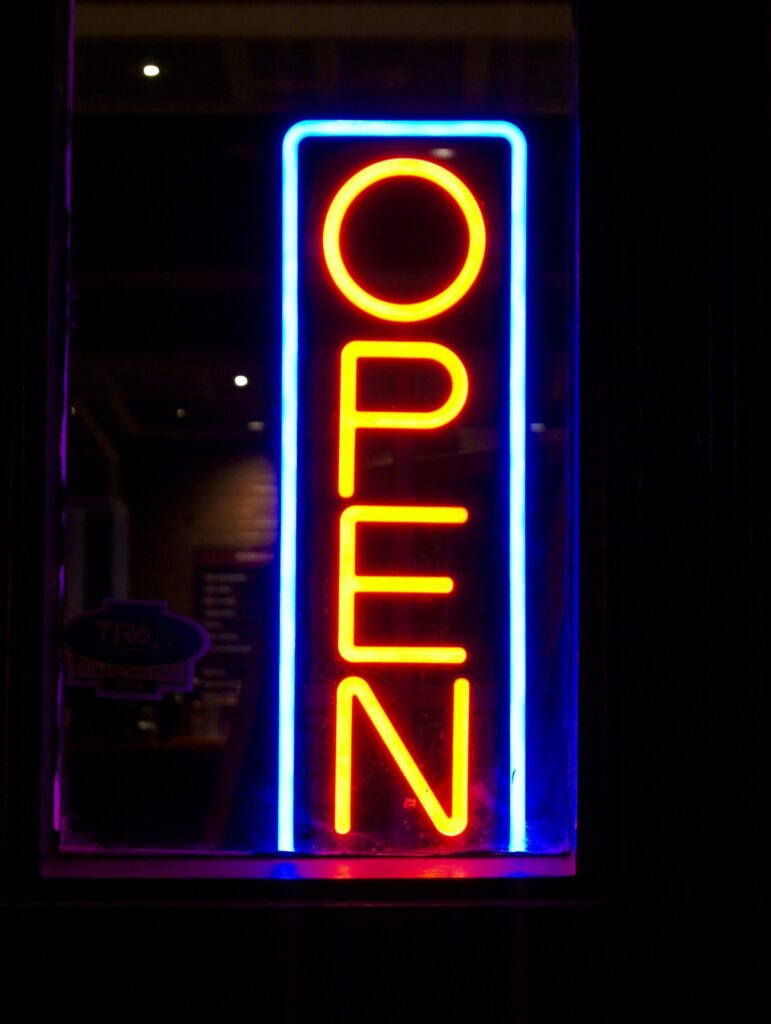In Illinois, businesses with a standard liquor license are required to close at 2 am (3 am on Sunday). Chicago businesses wanting to stay open past this usual closing time can apply for what is called a Late Hour Liquor License. The Late Hour Liquor License allows the holder to remain open an additional 2 hours, extending their ability to sell alcoholic beverages until 4 am (or 5 am on Sunday). Because the legal opening time for all liquor establishments is 7 am (11 am on Sunday), such businesses could come very close to selling alcohol around the clock.
Of course, such businesses must first meet specific criteria and complete a complex application process as outlined by city ordinances. And there are quite a few hoops through which applicants must jump. According to the Chicago Department of Business Affairs and Consumer Protection, any licensee applying for a Late Hour Liquor License must first hold an Incidental-Consumption on Premises or Tavern liquor license.
What is more, city regulations state that if an establishment applying for a Late Hour Liquor License is located within 500 feet of the residences of 50 or more legal voters, the applicant must send each resident written notice of its application by certified mail. In such situations, the applicant must also obtain the signatures of the majority of the residents registered to vote within the 500-foot radius, giving consent to the business to apply for the Late Hour Liquor License. The signatures, plus an affidavit stating that local voters have been notified, must then be submitted to the Department.
And that is not all. According to City Municipal Code 4-60-130(f), the applicant must also create and submit a Late Hour Exterior Safety Plan. This plan must address how nearby residents would be impacted by late-night alcohol sales. It must also provide business patrons with a safe environment when entering and exiting the building. Finally, a satisfactory Late Hour Exterior Safety Plan is required to describe how the business will reduce the need for police resources. Typically, a business owner must be able to demonstrate his or her ability to:
- Implement preventative measures designed to reduce excessive noise from patrons entering and leaving the establishment, loitering, littering, fighting, other criminal activity, and control departing crowds and traffic flow.
- Install and maintain surveillance cameras at entrances and exits used by the public that are recording from 1:00 am to 6:00 am. Recordings must be maintained for 72 hours.
- Install adequate exterior lighting.
- Employ adequately trained security personnel.
Finally, business owners applying for a Late Hour Liquor License must post a sign with notice of their application in a conspicuous place on the premises.
If nearby residents do not consent, or one of the above steps is missed or completed too late, the license may be denied. Legal voters living within 500 feet of the licensed premises may also file a petition requesting the suspension or revocation of any Late Hour Liquor License granted by the Department.
Given the difficulties involved in obtaining and keeping a Late Hour Liquor License, there are distinct advantages to hiring the right representation for the process. Obtaining and keeping the licenses your business needs to prosper does not need to be an all-consuming task with the right administrative law attorney on your side. Call 1818 today for a consultation on your business license needs.



